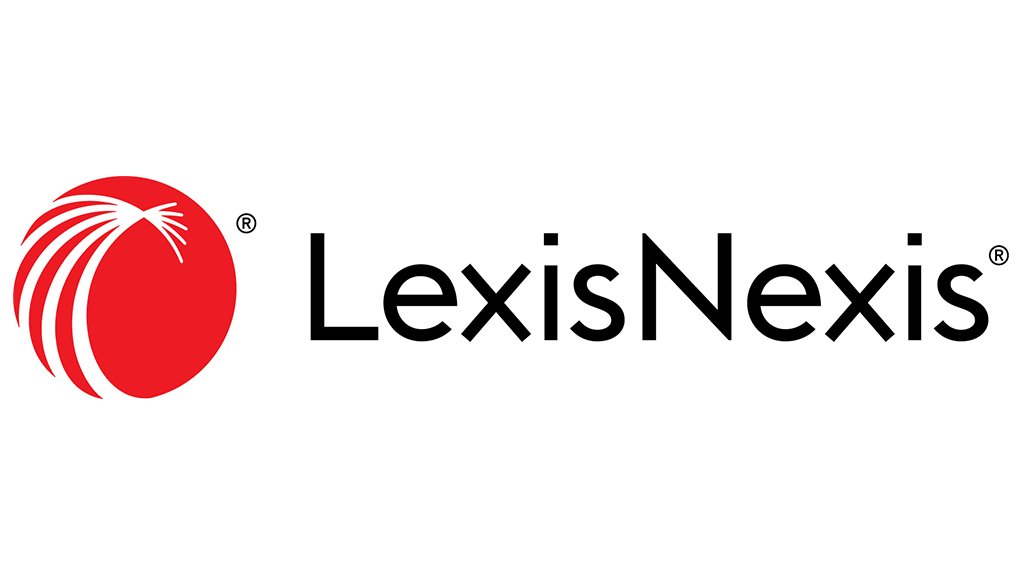Stats SA reports that 28% of businesses surveyed had decreased working hours, with close to 20% laying off staff in the short term¹, as a direct result of the COVID-10 national lockdown in South Africa. While some businesses deemed non-essential are able to continue operating with employees working remotely, aided by laptops and WIFI or mobile internet connectivity, the economic downturn has meant that even those working through the lockdown may not receive a full salary cheque come month end, with over 85% of South African businesses reporting turnover below the normal range. Going forward, lenders and businesses will need to be diligent in all vetting processes to protect themselves against both defaulters and potential fraudsters.
While the Temporary Relief Fund (TERS) established by the Unemployment Insurance Fund, and various other initiatives as part to the Solidarity Fund may provide some financial relief to businesses and employees, the pinch will still be felt – and be far-reaching. The extended lockdown, and potential for further extensions or a gradual re-introduction process, has already had an undeniable impact on the finances of most South Africans.
“On the 20th April, a few days into the lockdown extension, one financial institution reported that by the 14th April it had already received 130 000 applications for financial,” says Rudi Kruger, General Manager: Data Services, LexisNexis South Africa. “This is evidence of the economic impact of the shutdown and to mitigate further risk, businesses will need to be extra-vigilant with regard to fact checking to protect any loans, credit or credit extension facilities they offer. They will also need to up their game in terms of cyber security to protect against hackers and the inevitable email fraudsters who will consider this open-season.”
Online connectivity reduces the burden of fact checking, but also provides opportunities for falsification of information and data hacking. The possibility should not be over-looked that desperate times could lead cash-strapped consumers to take desperate measures, tempting them to falsify information on applications to ensure success, and assist with their financial woes. “Fact checking and paper trails will be an essential part of reducing the risk of defaults down the line, but it is also essential for businesses, and not just lenders, to ensure that they don’t play a part in adding to the burden by over-extending credit, especially for non-essentials,” Kruger says. He provides the following tips for businesses to enable them to protect current and future income against possible fraudulent activities:
- No shortcuts: The temptation to ensure future sustainability may encourage business owners or credit providers to take short-cuts in their normal fact checking processes. This must be guarded against and it would be wise to implement additional protection measures at this time too. These measures need to be adaptable based on the increasing rate of movement towards online operation as we move further into the 4th Industrial Revolution.
- Paperless paper trail: Employees working remotely may be lax about filing and storage of information at this time, or not have access to mainframes or business servers. Ensure that regular back-ups are done, on secure devices or platforms and that the paperless paper trail is secure. Set the necessary systems in place and check in that these are being utilised.
- Use trustworthy sources: Ensure that when fact checking takes place, trustworthy platforms are utilised and not merely based on documentation from applicants or internet searches. Use platforms designed for vetting employment and credit history, details of asset and company ownership. These do not all require long-term subscriptions and can be used for ad hoc vetting as required.
“The reality is - the way businesses operate has changed forever and business owners and consumers may be feeling anxious and unsure of the future,” says Kruger. “Implementing checks and balances and control measures should be a part of the long-term plan for every business, so while this period may necessitate crisis management, that should never overrule standard business practices devised to protect against fraud.”
EMAIL THIS ARTICLE SAVE THIS ARTICLE ARTICLE ENQUIRY
To subscribe email subscriptions@creamermedia.co.za or click here
To advertise email advertising@creamermedia.co.za or click here











